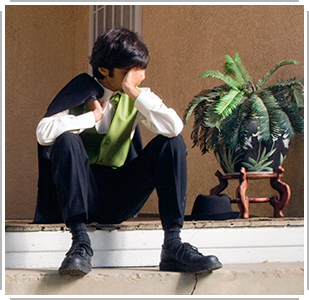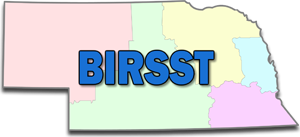Overview
 Courtesy ThinkStock: Wavebreakmedia Ltd
|
Some symptoms show up after the initial cluster of symptoms. For example, a patient may become more anxious and / or more depressed, and this becomes a problem for treatment. Or, under high-demand activities, symptoms may emerge that before were absent or seemingly resolved. For example, your patient injured in July may think she is fine, but when she returns to class at the end of the summer, she finds she can’t concentrate. |
The starting place for the team is based on these three issues:
|
 Courtesy ThinkStock: Hill Street Studios
|
Post-Concussion Syndrome
After one to three months of continuous symptoms, the ongoing post-concussion symptoms are identified as Post-Concussion Syndrome (PCS). Post-Concussion Syndrome is defined as:"An aggregate of symptoms presenting after head injury including physical, cognitive, emotional, and sleep symptoms that persist beyond the usual recovery period after a concussion or past the acute post-injury period."There are differences in diagnostic criteria between the ICD-10 and DSM-V systems. DSM-V does not identify Post-Concussion Syndrome. They changed the nomenclature to Neurocognitive Disorders.
Institute of Medicine (IOM)
Sports-Related Concussions in Youth: Improving the Science, Changing the Culture
|
|
Diagnostic Criteria |
ICD-10 |
DSM-V |
Must have a history of traumatic brain injury and present at least three of the eight symptoms:
|
|
 Courtesy ThinkStock: Comstock Images
|
The mTBI Multidisciplinary TeamAs described in the Fourth International Conference on Concussion in Sport Statement,"Cases of concussion in sport where clinical recovery falls outside the expected window (i.e., 10 days) should be managed in a multidisciplinary manner by healthcare providers with experience in sports-related concussion." |
Ideally, the team should include professionals from a variety of disciplines, each of whom have special knowledge and training in mTBI, including (but not limited to):
- Physician (such as primary care, neurologist, sports medicine, physiatrist).
- Physical therapist, with special training in balance disorders.
- Occupational therapist, with special training in the treatment of visual processing disorders.
- Speech therapist, who will typically address cognitive rehabilitation.
- Neuropsychologist, who will assess brain function, as well as the contribution of behavioral, emotional, and motivational factors.
- Neuro-optometrist and / or neuro-ophthalmologist, an advanced specialist who will assess vision processing disorders.
- Educational specialist, who can serve as the liaison with the school.
- Other professionals who may also possess specialized training of value to a particular case requiring complex management, such as
- Athletic trainer.
- Audiologist.
- Psychiatrist.
- School nurse.
Team Advantage in Delayed Recovery
| Mention of any specific health care facility or organization in the videos reflects an individual’s specific experience and is not intended as an endorsement from this site. |
|
|
|
BIRSST TeamsIn Nebraska, the Nebraska Department of Education’s Educational Service Units (ESUs) have BIRSST (Brain Injury Regional School Support Teams) who have training in managing TBI. The teams can provide Nebraska educators with materials, training, and consultative services to support students with brain injuries.BIRSST Resources |
 |
